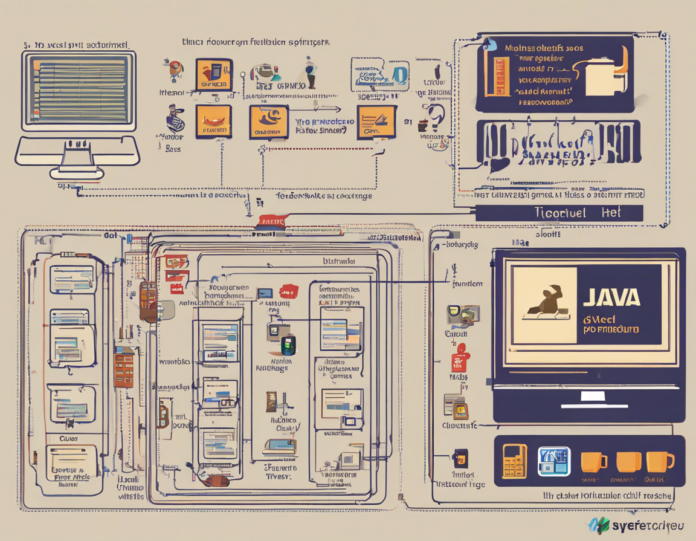In the vast world of programming languages, Java has long been a popular choice for developers due to its versatility, performance, and scalability. However, there are instances where Java may not be the most suitable language for a particular project or use case. In such scenarios, it’s essential for developers to be able to identify alternative languages or features that can better meet their needs. In this article, we will explore some common scenarios where Java may not be the ideal choice and suggest alternative languages or features that can be considered instead.
When to Consider Non-Java Features
1. Performance-Critical Applications
While Java is known for its performance, there are situations where ultra-low latency or high-throughput applications may require a more lightweight and efficient language. In such cases, developers can consider languages like C++ or Rust which offer more control over memory management and system resources, resulting in better performance optimizations.
2. Concurrency and Parallelism
Although Java provides powerful concurrency features with its Thread and Executor frameworks, languages like Erlang or Go are specifically designed to handle massive concurrency with built-in support for lightweight processes (goroutines in Go) and message passing mechanisms, making them more suitable for highly concurrent applications.
3. Machine Learning and Data Science
For projects involving machine learning, data analytics, or scientific computing, languages like Python with libraries such as TensorFlow, Pandas, and NumPy are often preferred due to their extensive ecosystem and ease of use for numerical computations. R is another popular choice for statistical computing and graphics.
4. Web Development
While Java is commonly used for enterprise web applications with frameworks like Spring and Hibernate, languages like JavaScript with Node.js, React, or Angular are better suited for front-end development and real-time applications due to their event-driven architecture and browser compatibility.
Alternative Features within Java Ecosystem
1. Kotlin
Developed by JetBrains, Kotlin is fully interoperable with Java and offers modern features such as null safety, extension functions, and coroutines, making it a preferred choice for Android development and new Java projects seeking concise syntax and reduced boilerplate code.
2. GraalVM
GraalVM is a high-performance runtime that provides support for multiple languages including Java, JavaScript, Python, and Ruby. It enables ahead-of-time compilation, polyglot interoperability, and native image generation, allowing developers to leverage the strengths of different languages within a single runtime environment.
3. Reactive Programming
Frameworks like Reactor and Akka offer reactive programming capabilities in Java, allowing developers to build scalable and resilient systems using asynchronous and event-driven programming models. These frameworks are well-suited for applications requiring high responsiveness and non-blocking I/O operations.
Frequently Asked Questions (FAQs)
1. Is Java the best choice for all types of applications?
While Java is a versatile language, it may not always be the best choice for performance-critical, highly concurrent, or specialized domains such as data science or web development. Evaluating the specific requirements of your project can help determine the most suitable language or feature to use.
2. What are some alternatives to Java for web development?
For front-end web development, JavaScript with frameworks like React or Angular is commonly used. Node.js is also popular for server-side JavaScript development. Python with frameworks like Django or Flask can be considered for web applications requiring data analytics or machine learning capabilities.
3. Can I use Java along with other programming languages in a single project?
Yes, tools like GraalVM enable polyglot programming by allowing developers to run multiple languages on the same virtual machine. This can be useful for leveraging the strengths of different languages within a single project or application.
4. What is the difference between Kotlin and Java?
Kotlin is designed to be more concise and expressive compared to Java. It provides modern features such as null safety, extension functions, and coroutines that aim to improve developer productivity and code readability. Kotlin is fully interoperable with Java, allowing developers to mix both languages within the same codebase.
5. How can I improve Java application performance?
Optimizing Java application performance involves techniques such as efficient memory management, profiling and tuning, using appropriate data structures and algorithms, and leveraging caching mechanisms. Additionally, considering alternate languages or features like GraalVM or native image generation can also improve performance in specific scenarios.


Recent comments